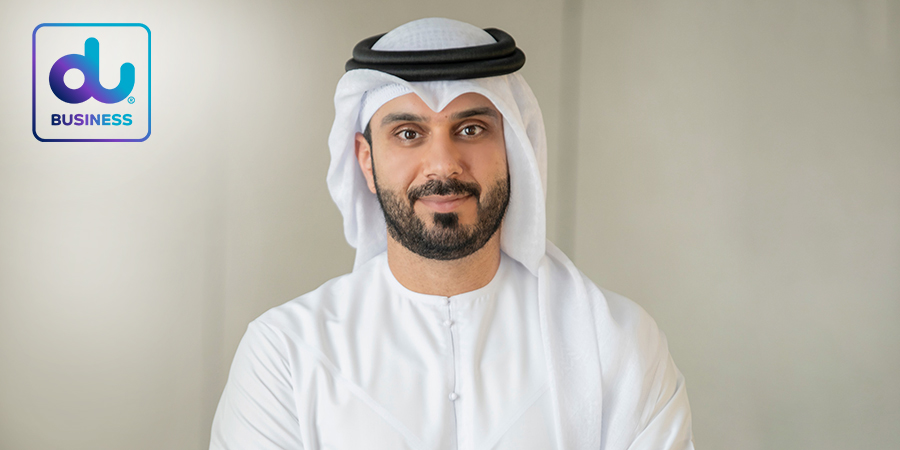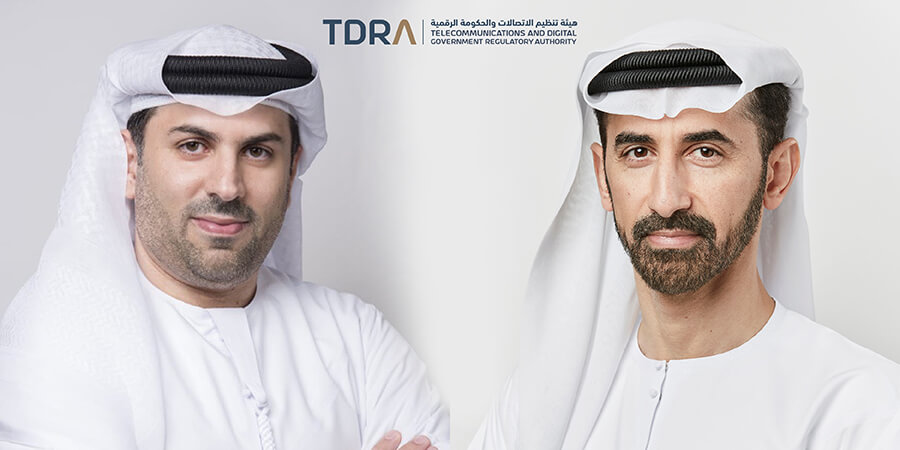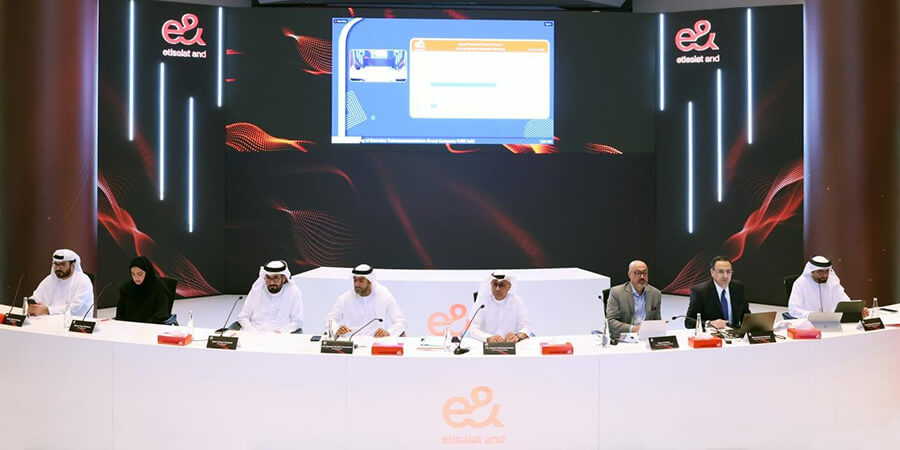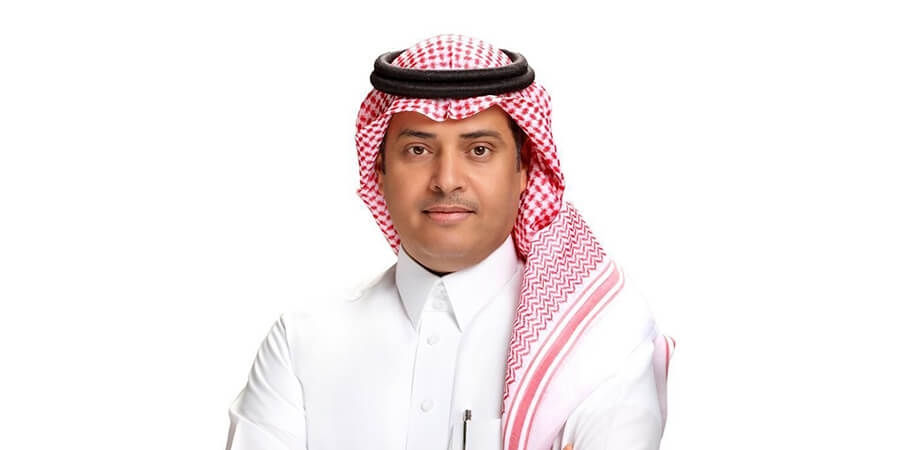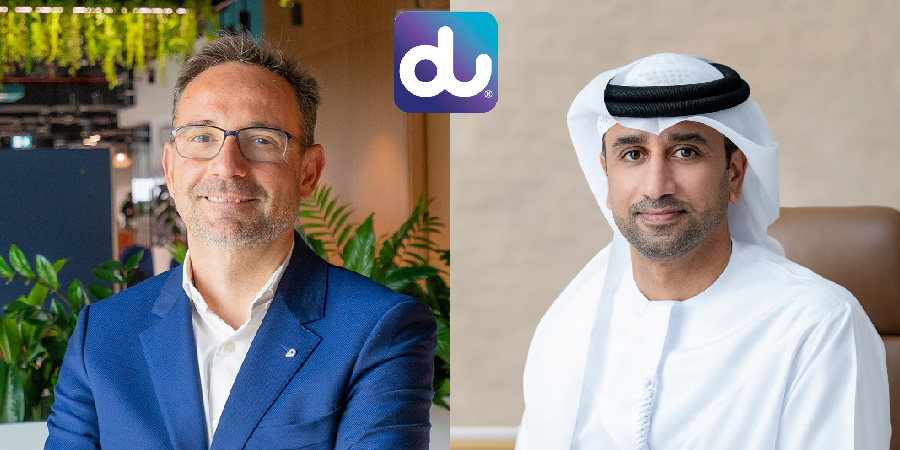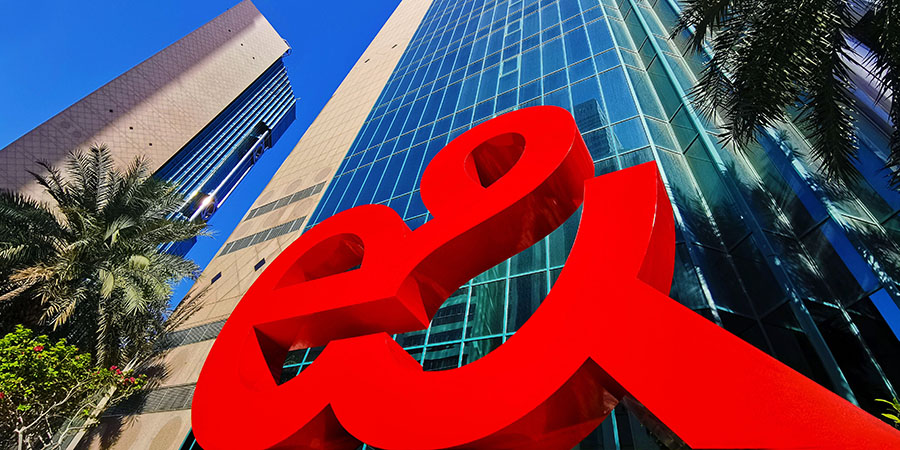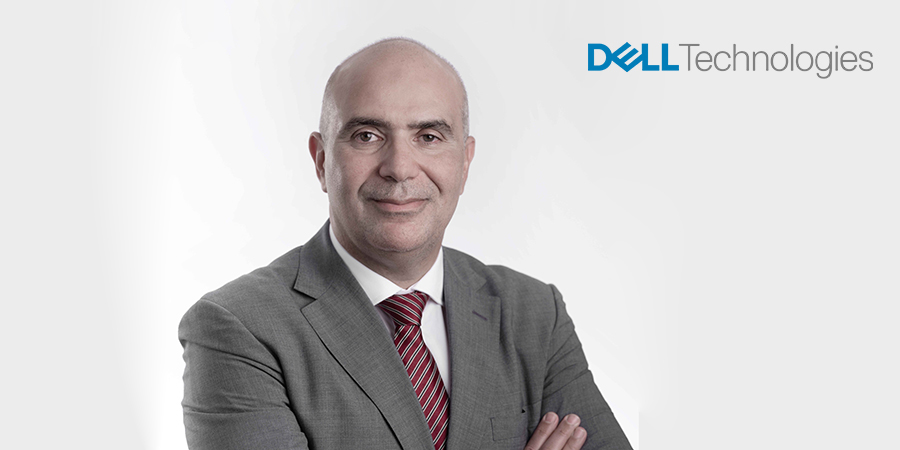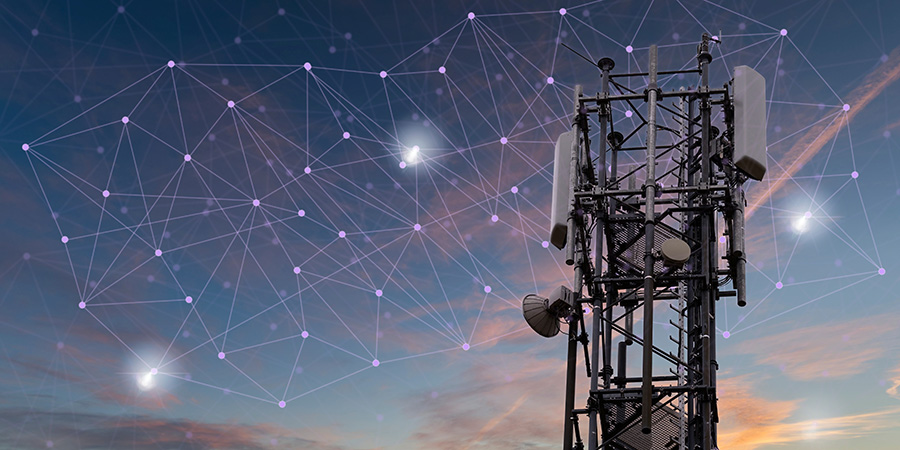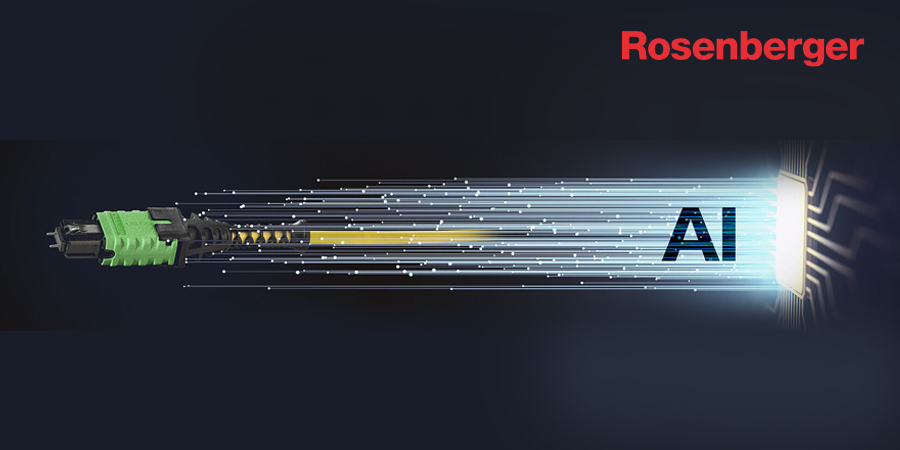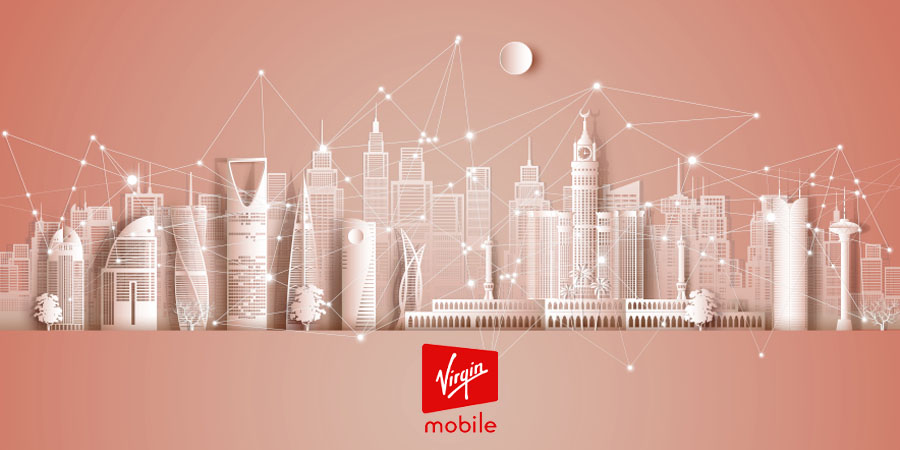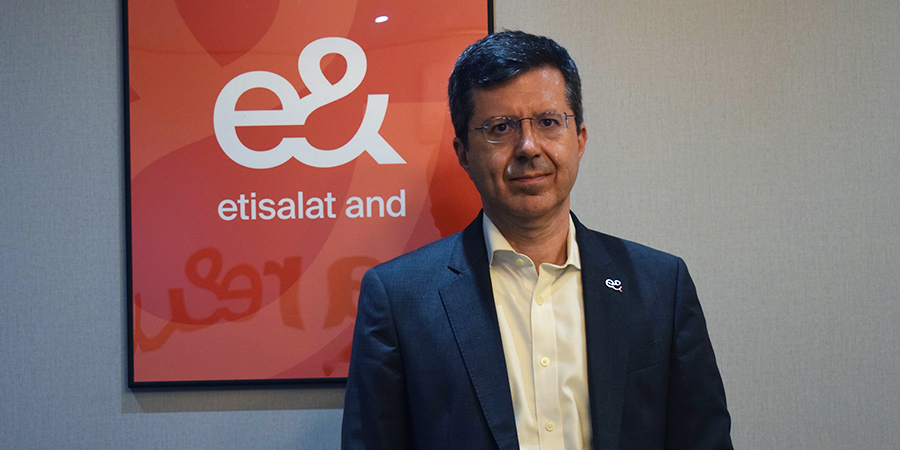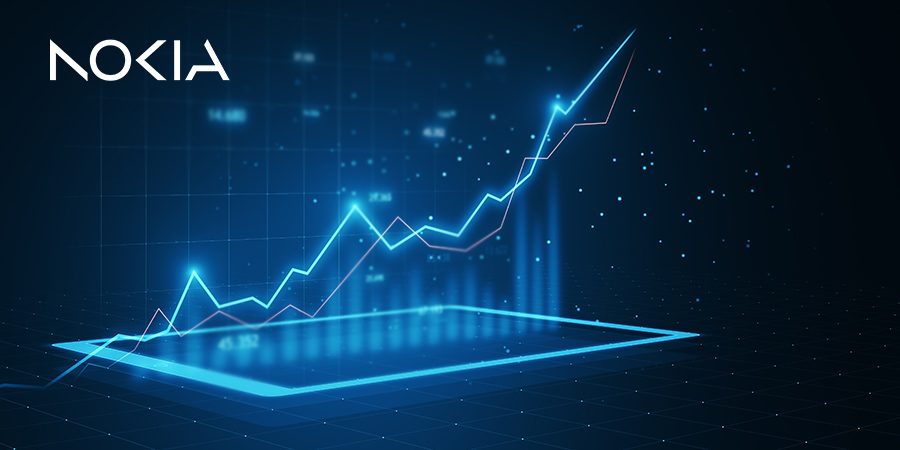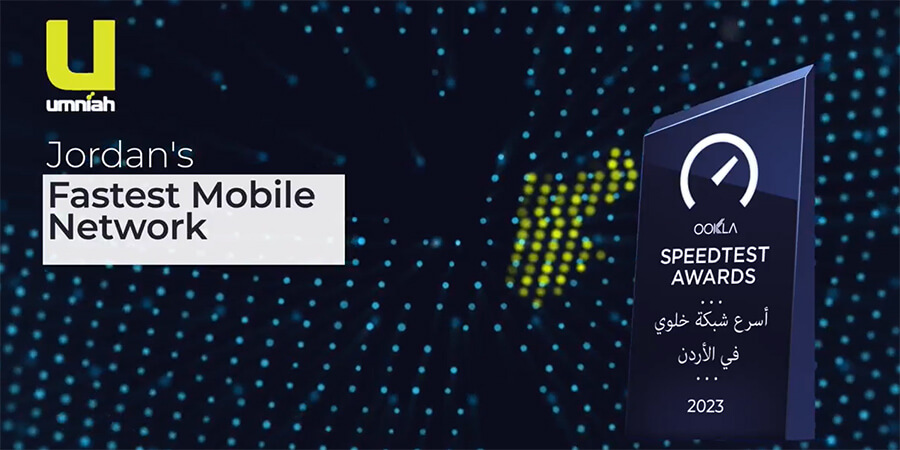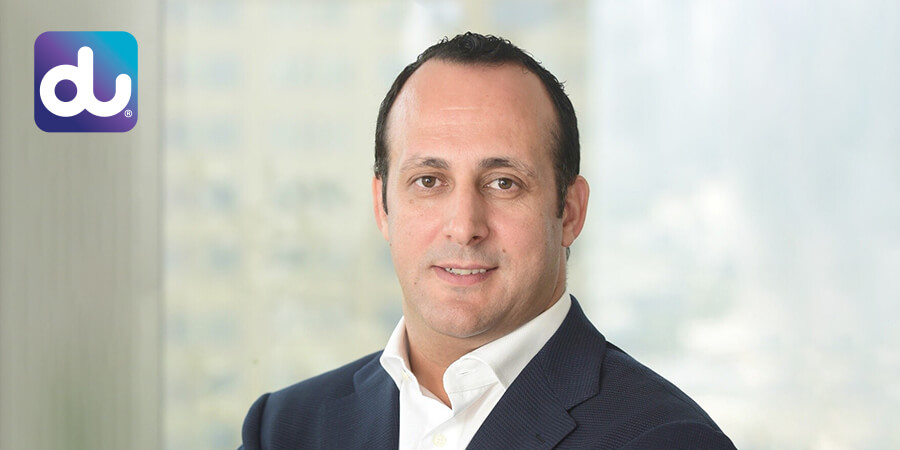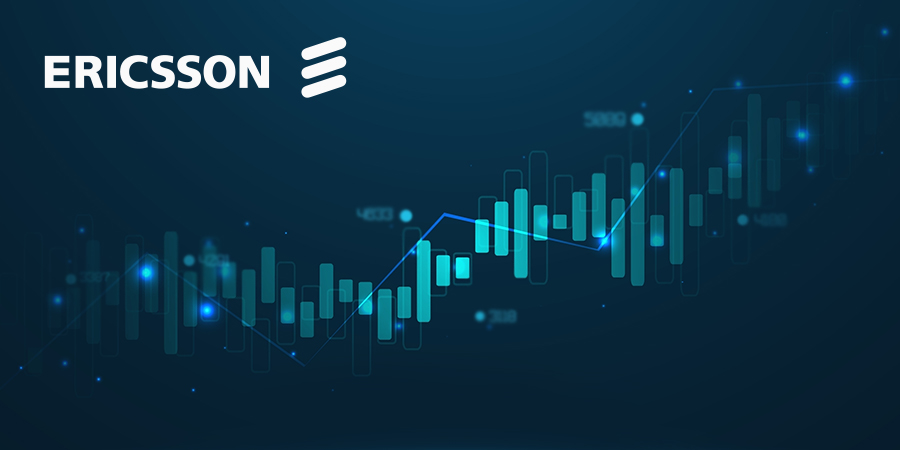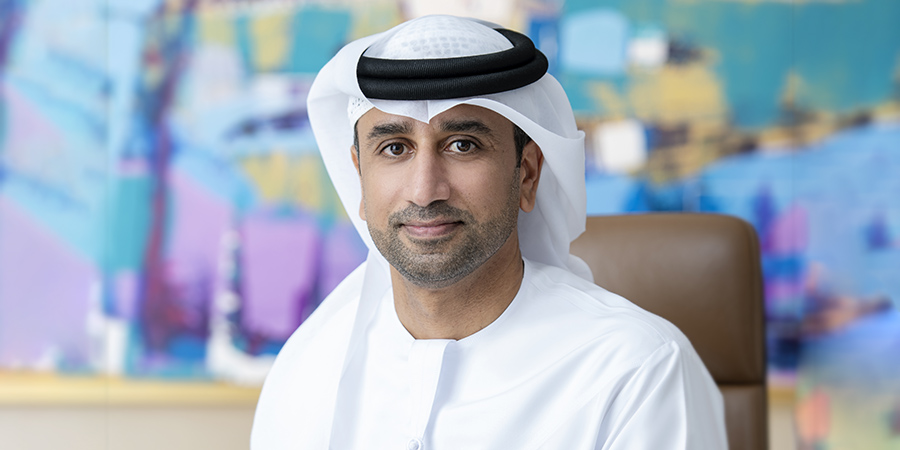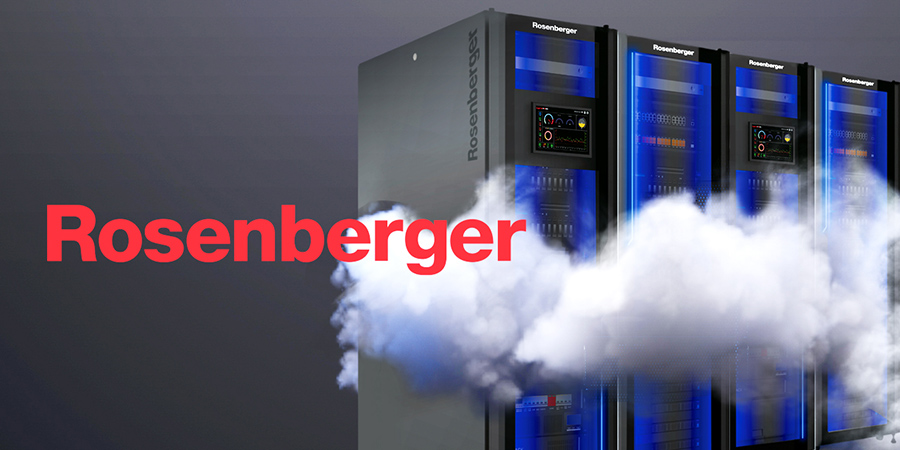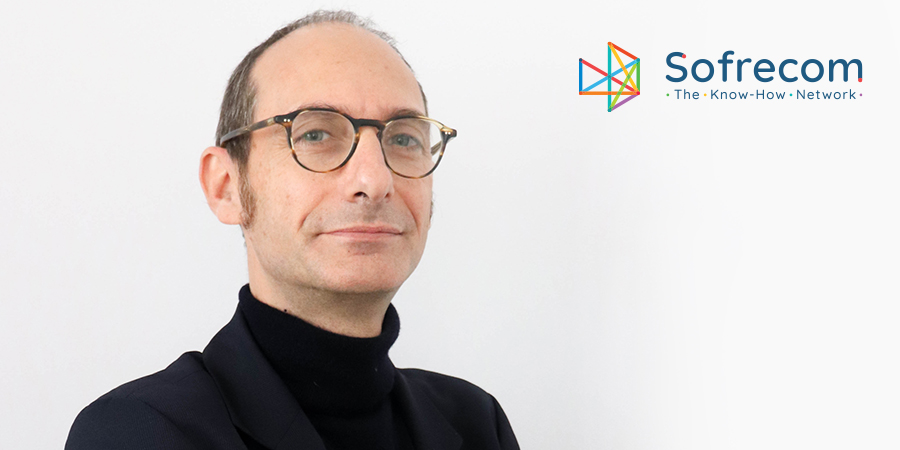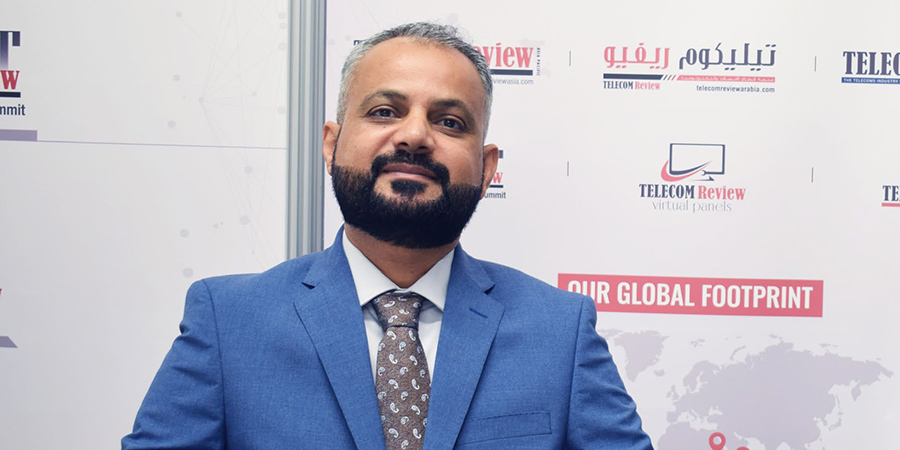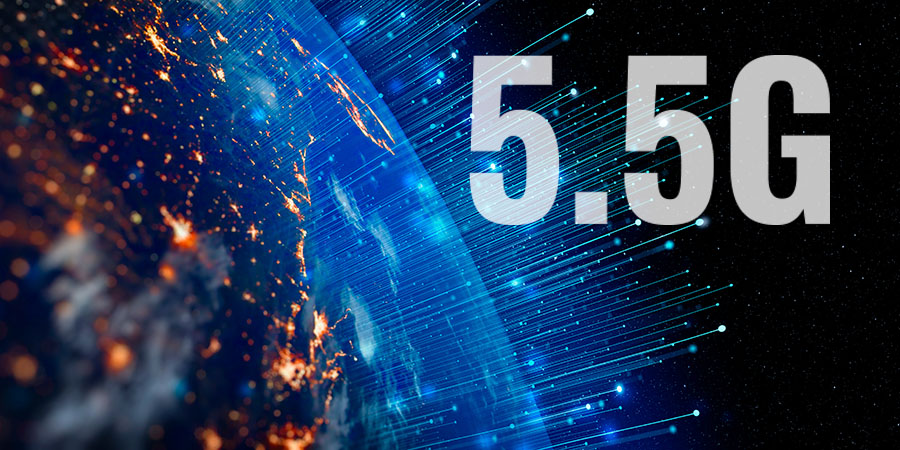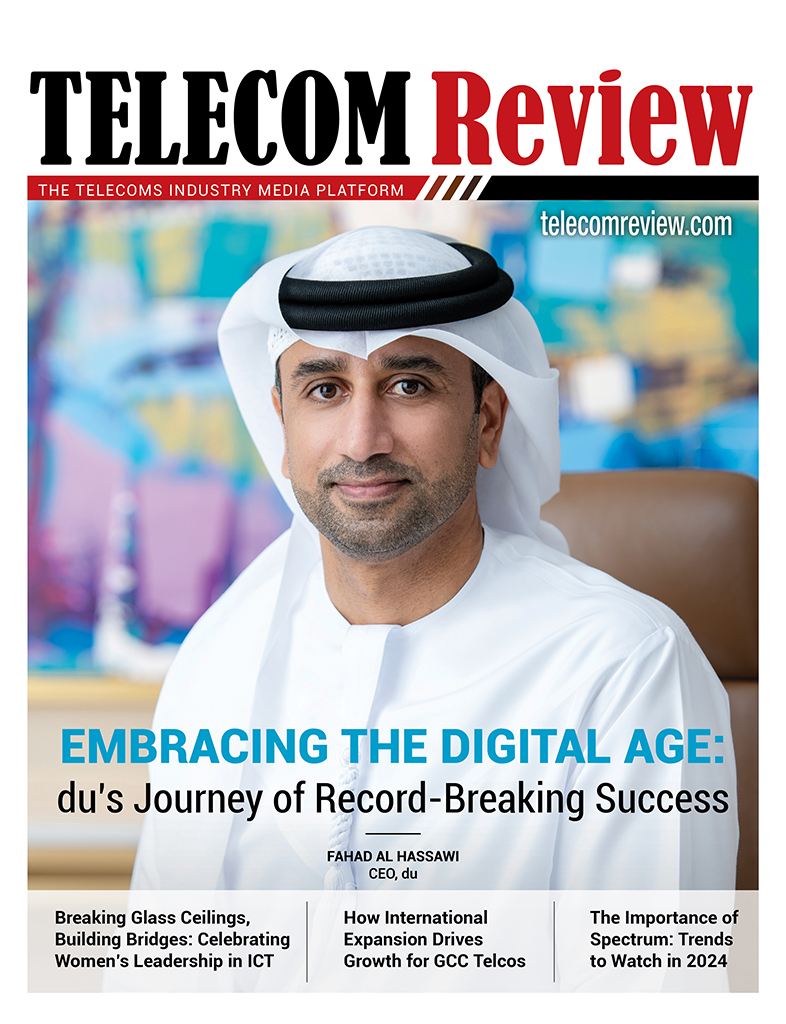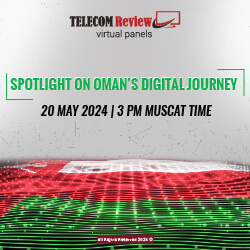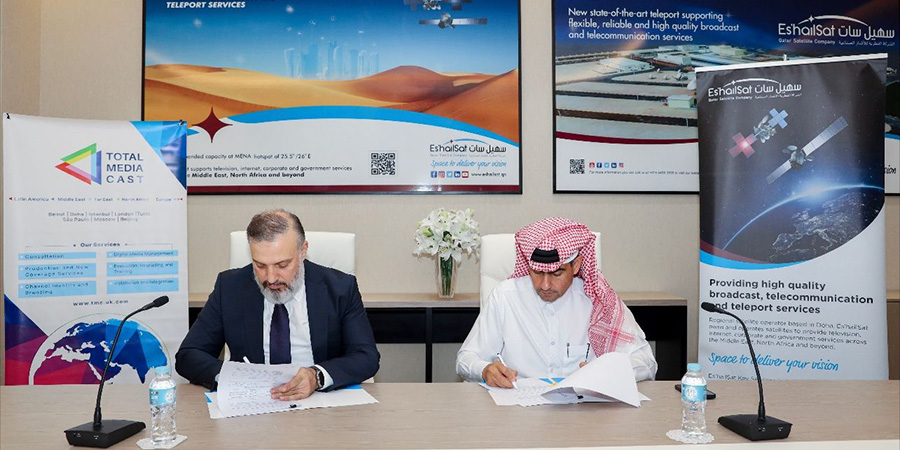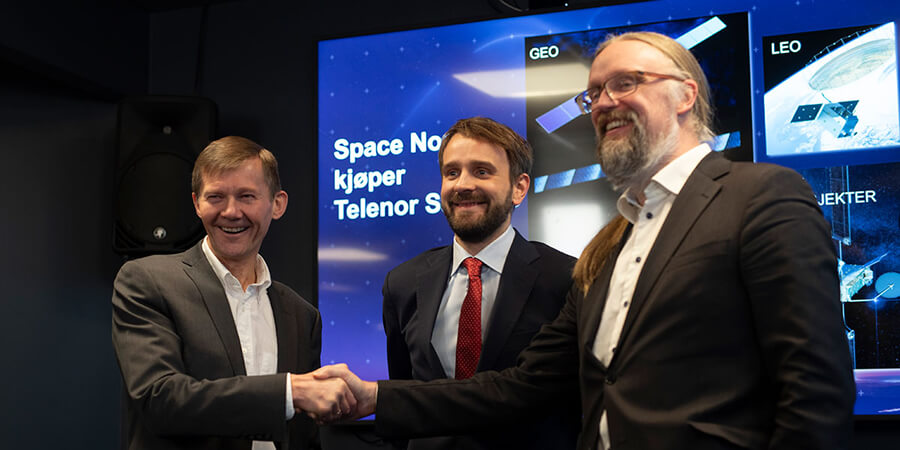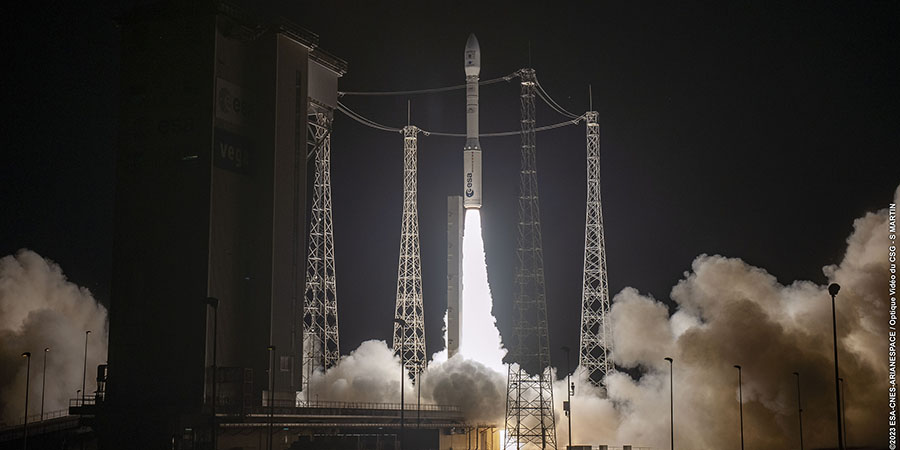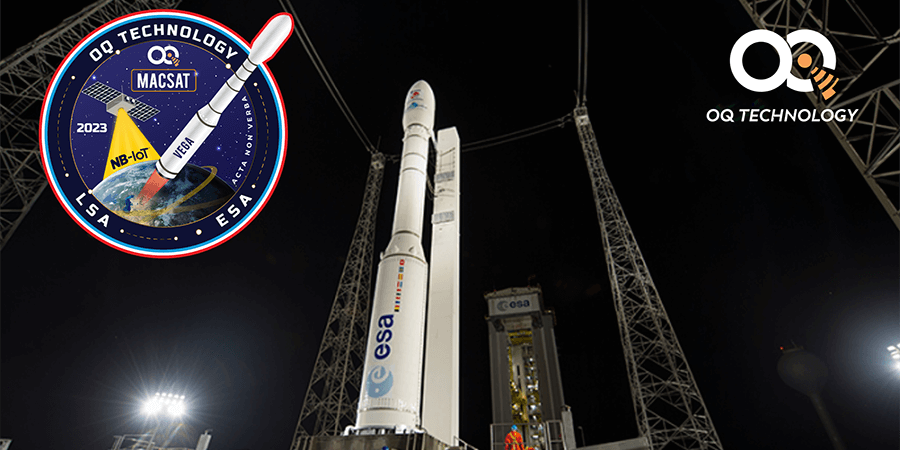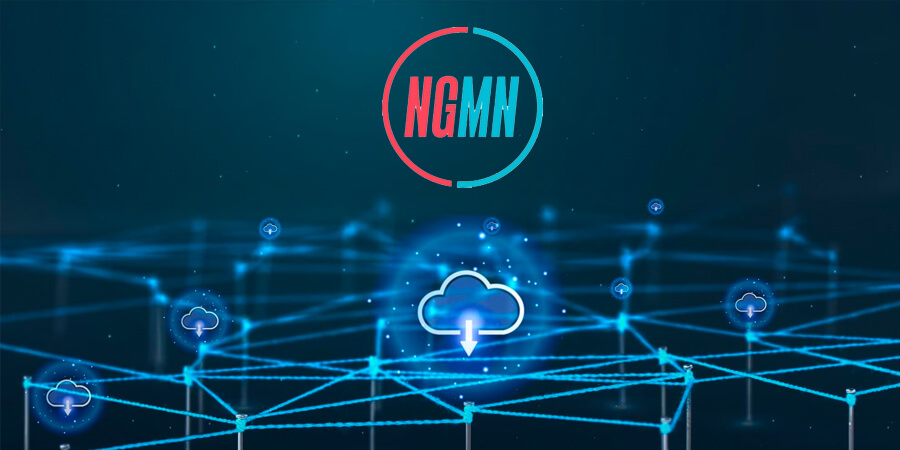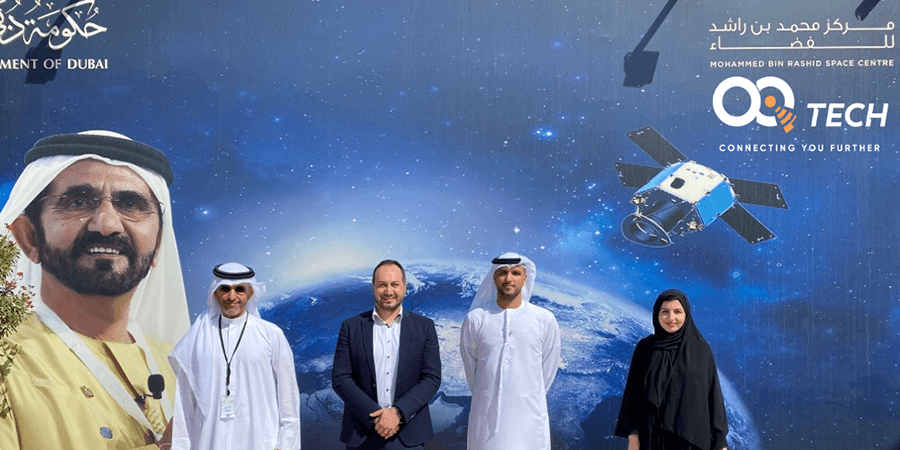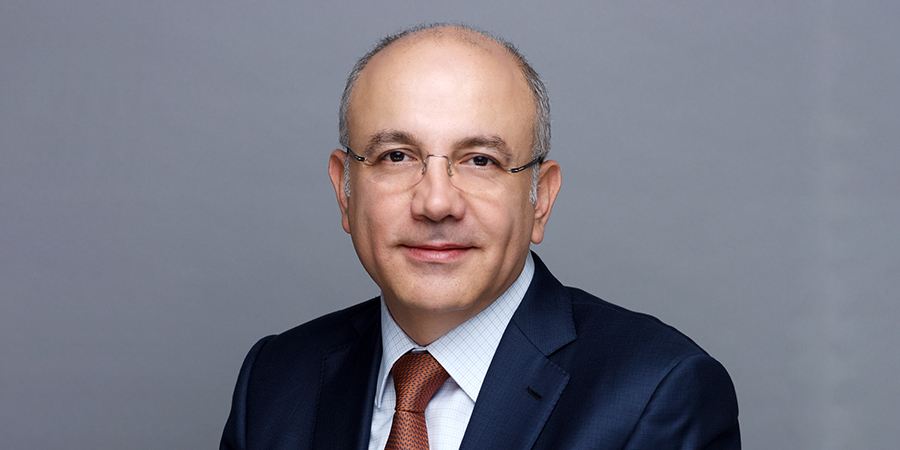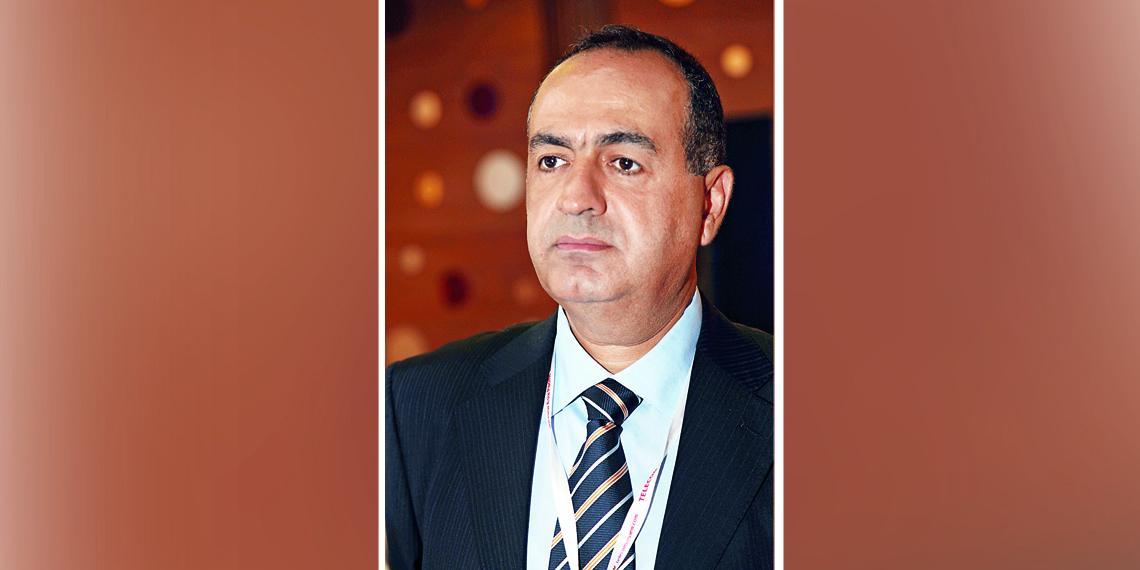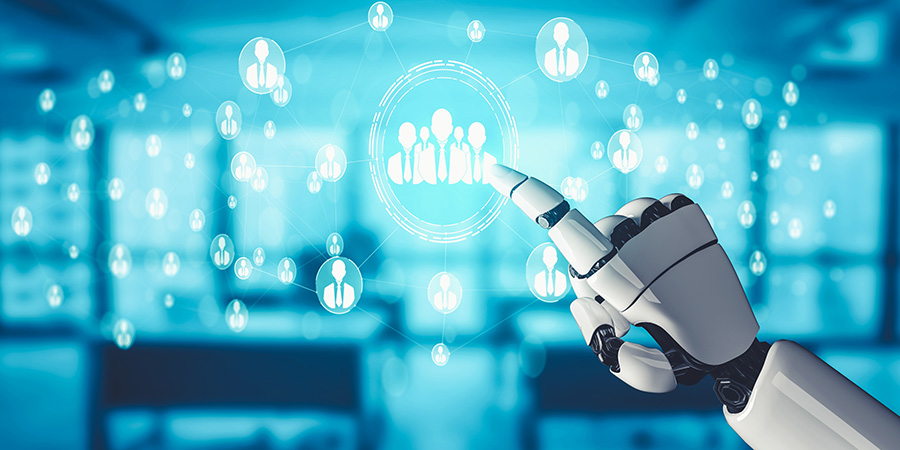With the advancement of smart living, smart devices and data on the worldwide web, there is always something going on behind the scenes at labs and R&D centers. Without such workshops of technology, smart living and our cyber life would be at risk; it wouldn’t move or even exist.
Besides the daily exchange of data via billions of emails, data usage is increasing because of smart airports, smart medical systems, smart education, smart traffic management, smart household equipment, smart meters, smart censors, etc. This is generating massive amounts of traffic on our networks and it will continue to increase to reach Z bytes of data per minute, with the expectation to connect 15k new devices every minute (currently, it is at 5K per minute).
This data should be managed, protected and secured, and it seems that R& D centers are focusing on artificial intelligence to teach computers and smart devices to understand their environment, and to be smart and protected from malware and hackers.
Just recently at Yahoo, 500 million emails accounts were hacked. This happened to a giant like Yahoo, not just an individual PC, which shows how important the issue is.
Artificial intelligence promotes cybersecurity by using software that predicts, not just prevents or detects.
How can you control hundreds of thousands of security cameras in a city without artificial intelligence? Or smart software? Cameras such as those in the city of London need thousands of staff 24 hours a day to check the content generated. Only artificial intelligence software can detect the malicious incidents on these cameras. This is but one example.
The future of smart cities is also based on secure technology. Security means creating enough smart solutions and features that enable us to detect an unlimited amount of information at top speed that can treat the huge amount of data transactions.



